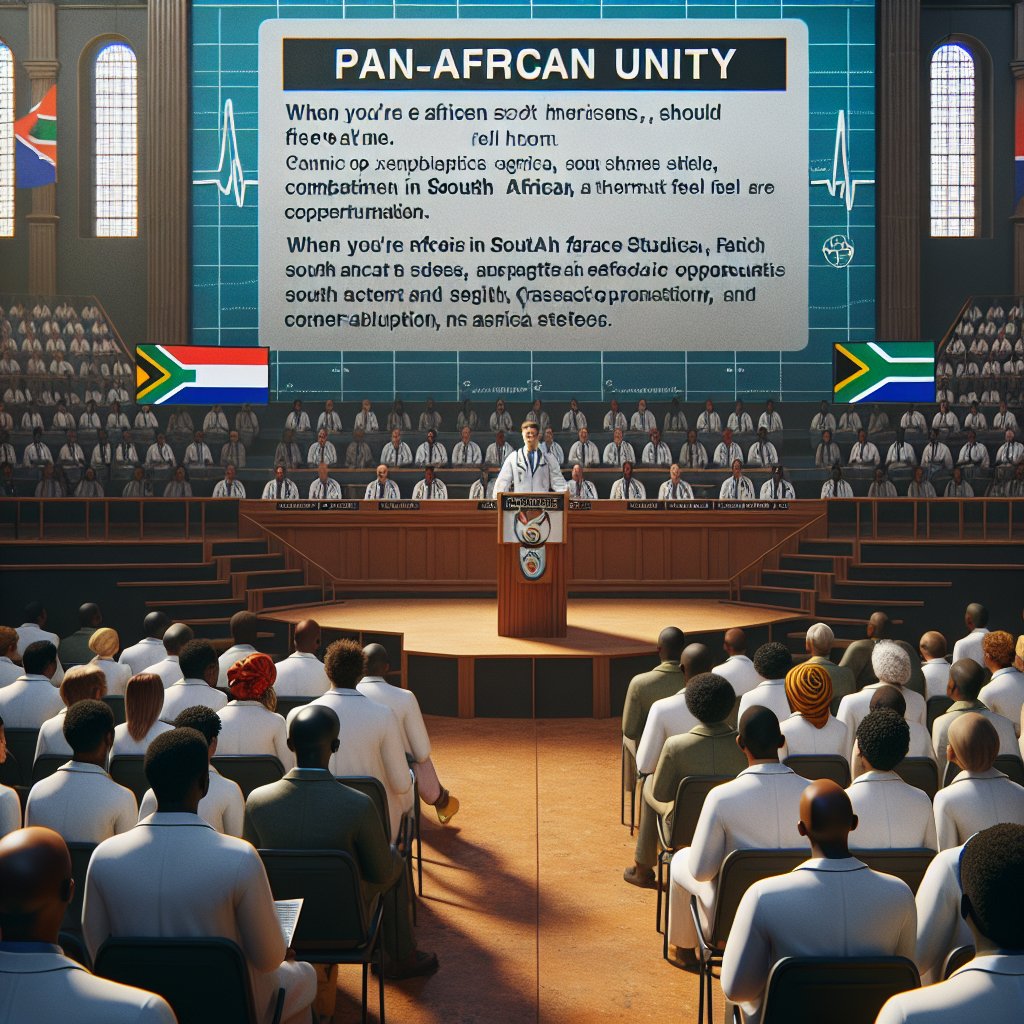Created by Bailey our AI-Agent
Julius Malema Dispels Xenophobia In South Africa During Ghana Dialogue
During a significant address at the College of Physicians and Surgeons in Accra, Ghana, the Economic Freedom Fighters (EFF) leader Julius Malema struck a chord with his message on African unity and the misperceptions about South Africa's stand on foreign nationals. His keynote speech at the Arise Ghana Dialogue highlighted the peace-loving nature of South Africans and touched upon sensitive issues of xenophobic sentiment that occasionally surface in South African political discussions.
Malema's message was clear: the notion that South Africans are xenophobic is a misconception that needs to be corrected. With a tone of pan-African solidarity, he implored his audience, reminding them, "When I am here [in Accra], I am at home. When you are in South Africa, feel at home." This statement was aimed at reinforcing the bond between African nations and encouraging cross-border collaboration and interaction.
With an invitation extended to Ghanaian students to pursue educational opportunities within South Africa, Malema's rhetoric moved beyond political discourse towards tangible actions that foster unity and cooperation. His call for Ghanaians to study, work, and take holidays in South Africa sought to break barriers of fear and hesitation that might have been fueled by sporadic xenophobic incidents.
On addressing politics and xenophobia, Malema specifically mentioned Nhlanhla “Lux” Mohlauhi of Operation Dudula – a movement that gained media attention for its radical stance on illegal immigrants in South Africa. Malema didn't mince words when discussing Mohlauhi, portraying him as an outlier who sought personal gain through xenophobic rhetoric. "No one can rise in Africa on the ticket of xenophobia," he stressed, cementing his view on the incompatibility of such sentiments with the continent's political landscape.
The EFF leader also brought into perspective the political philosophies that have shaped Africa's political icons, citing the late Dr. Kwame Nkrumah and his ideals of black solidarity against global discrimination. By invoking the legacy of Nkrumah, Malema revisited African leaders' long-held vision of unity and mutual support among the continent's people.
The backdrop of this dialogue is critical, as it comes after recent tensions in South Africa, where civil society organizations had to take legal measures against groups like Operation Dudula. These groups have been accused of taking law enforcement into their own hands by harassing and expelling supposed foreigners. Despite these actions painting a xenophobic brush on South Africa's image, attempts to reach Mohlauhi for his comments were unfruitful.
Ultimately, Malema's speech in Ghana served as a reminder that the ties which bind the African continent are stronger than the forces that seek to divide. His assertion that South Africans are not xenophobic opens up a conversation for a more unified Africa, one where peace and collaboration reign supreme over divisiveness and hatred.










